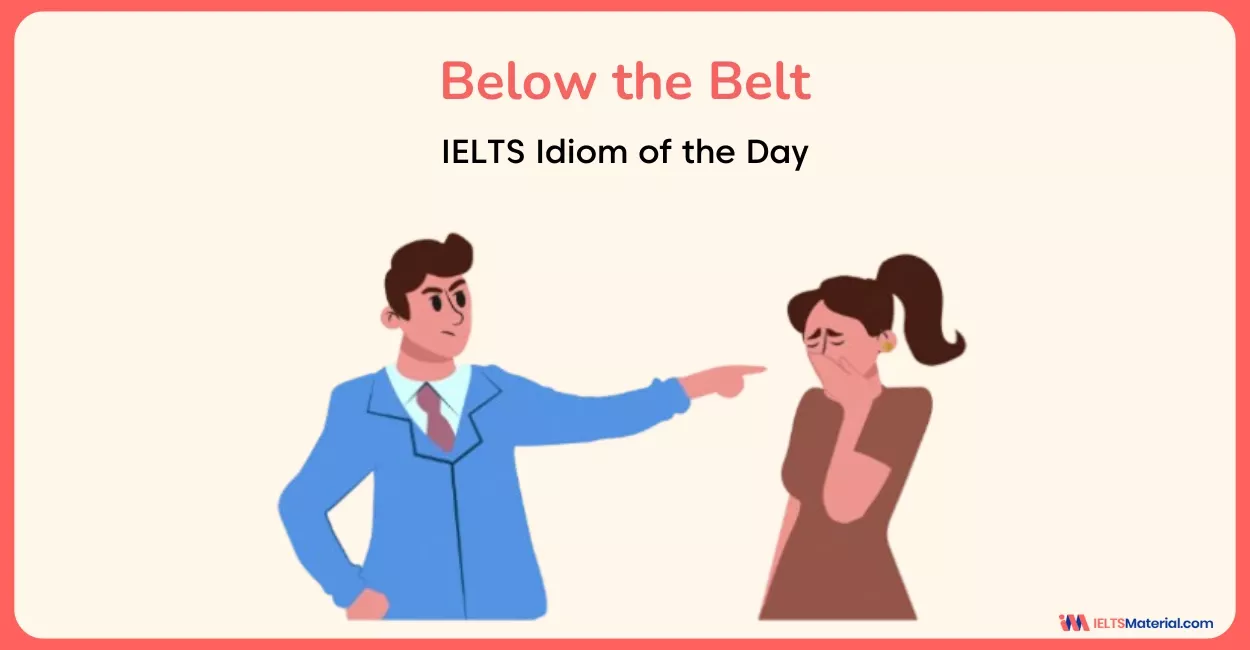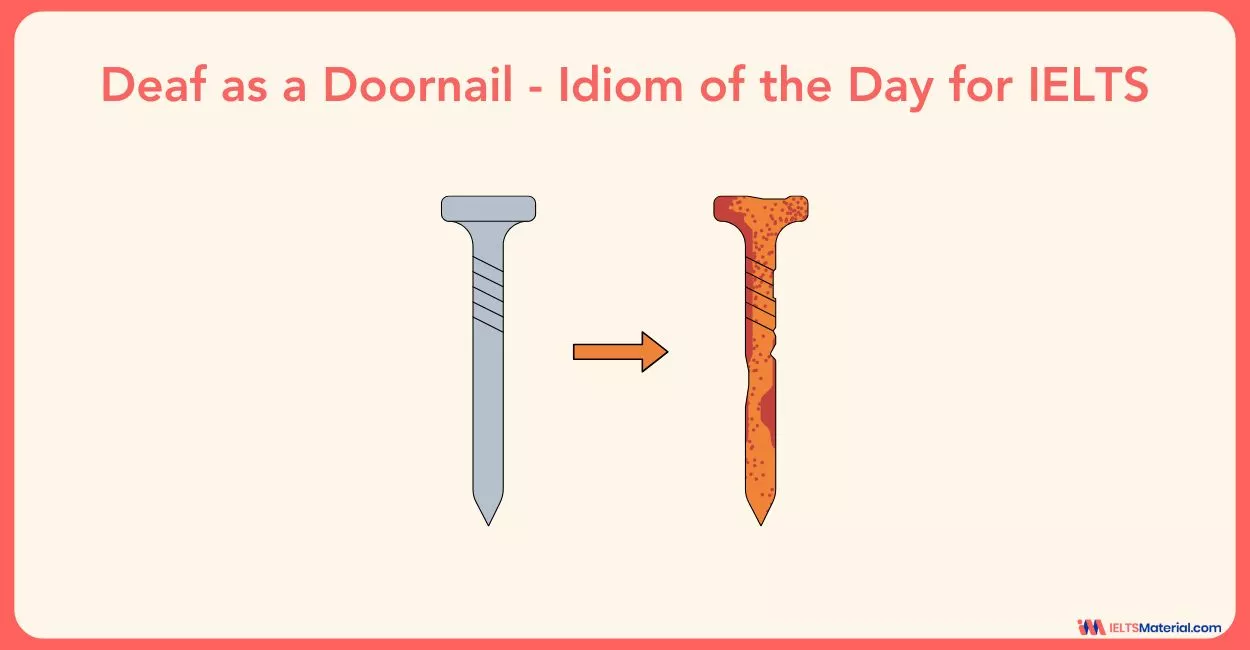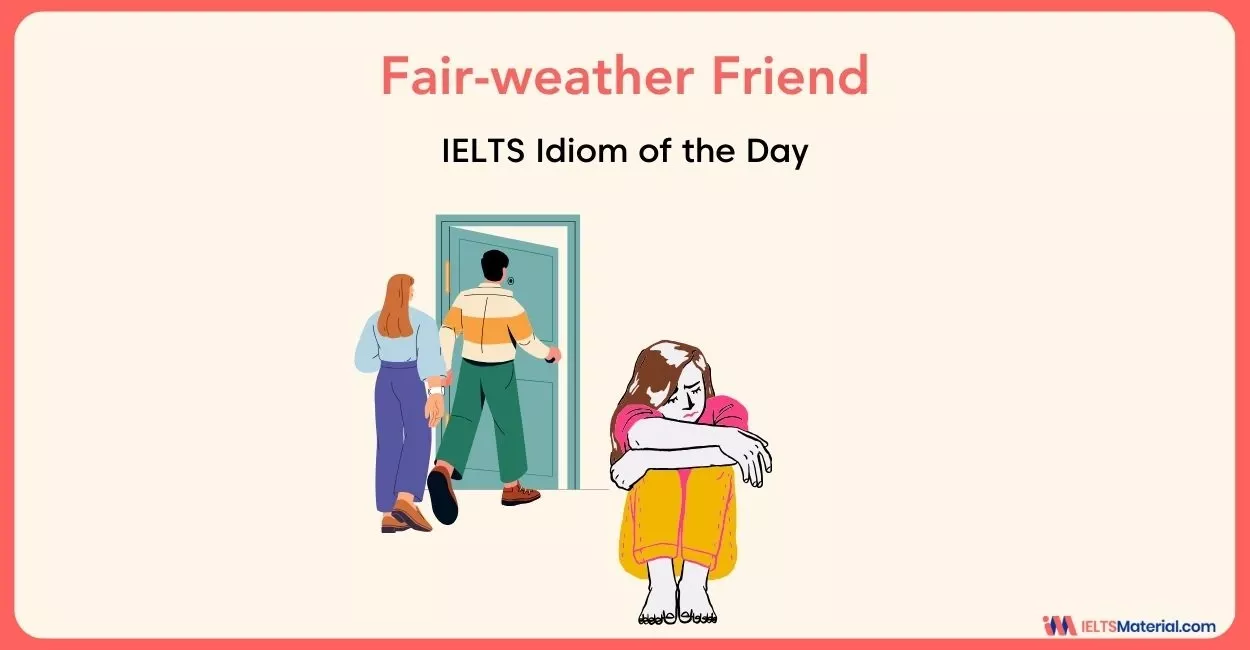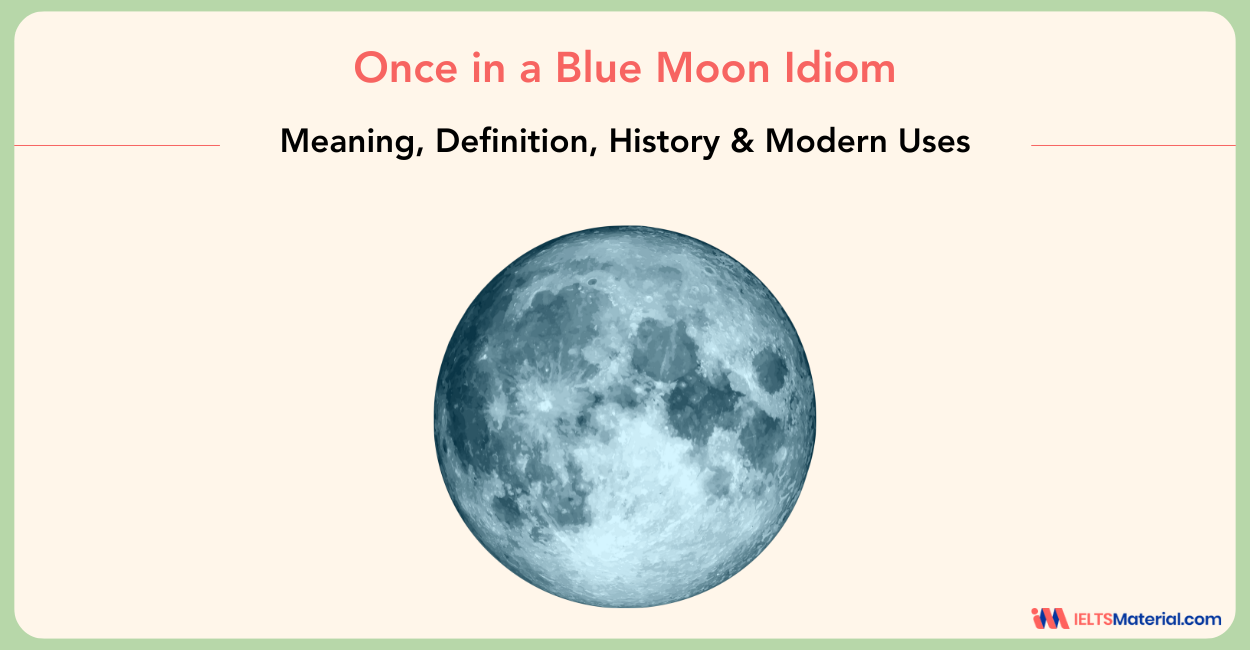Fair-weather Friend Idiom: Meaning, Origin, Usage & Exercises
The idiom ‘fair-weather friend’ means ‘someone who is a good friend when it is easy and who stops being one when you have problems’. Dive into its origin, usage, examples and exercises to strengthen your IELTS vocabulary range and achieve a 7+ band score.
Table of Contents

Limited-Time Offer : Access a FREE 10-Day IELTS Study Plan!
Friendship is often tested not during good times, but in moments of crisis. The idiom ‘fair-weather friends’ captures a painful but universal truth: some people stay around only when life is easy and enjoyable, but disappear when difficulties arise. Unlike ordinary vocabulary, it paints a vivid picture of conditional friendship.
This blog will discuss the meaning, history, usage, synonyms, IELTS-specific applications of the idiom ‘fair-weather friend’, and exercises to help you use it naturally and appropriately and boost your IELTS vocabulary.
Fair-weather Friend Idiom: Meaning
The idiom ‘fair-weather friends’ refers to people who are supportive and present only during pleasant or successful times, but who abandon you when problems or hardships appear.
To break down the idiom into simpler terms, ‘fair weather’ refers to good times, smooth sailing when your friends will be by your side; however, they vanish when the ‘storm’ of life begins.
Origin of Fair-weather Friend Idiom
The idiom ‘fair-weather friend’ dates back to the 16th century, when ‘fair weather’ was a metaphor for pleasant conditions. Sailors and farmers used the term literally to describe safe journeys and good harvests. Over time, ‘fair weather’ evolved into a figurative expression representing favorable circumstances.
By the 18th and 19th centuries, the phrase ‘fair-weather friend’ was widely used in English literature and speeches to describe individuals who remain loyal only when life is easy but desert others in times of adversity.
Fair-weather Friend Idiom Usage
In academic, social, and IELTS contexts, the idiom ‘fair-weather friend’ is powerful because it communicates an idea about loyalty, relationships, and trust. Here are some examples demonstrating its application:
- Russ won’t help you; he is only a fair-weather friend.
- Sharon will stick by you no matter what happens; she is not just a fair-weather friend.
- She realized they were just fair-weather friends when no one helped her during her illness.
- A true friend stays through thick and thin, not just like a fair-weather friend.
- Colleagues who only celebrate your promotions but vanish when challenges arise are fair-weather friends.
- Some classmates act supportive before exams but avoid you later are fair-weather friends.
- Politicians often surround themselves with fair-weather friends who vanish when power shifts.
Book IELTS online classes to learn new vocabulary for the IELTS test!
Fair-weather Friend Idiom: Synonyms and Related Phrases
You can find a list of common idioms list for IELTS Speaking associated with the idiom 'fair-weather friend' in the table presented below. These idioms or phrases either have a similar meaning or can be used alongside ‘fair-weather friend’.
|
Idiom/Expression |
Meaning |
Example Sentence |
|---|---|---|
|
False friend |
someone who pretends to be supportive but is not genuine |
She turned out to be a false friend, spreading rumors behind my back. |
|
Betray a trust |
to let someone down by breaking loyalty |
He really betrayed my trust when he shared my secret. |
|
Leave in the lurch |
to abandon someone in a difficult situation |
My partner left me in the lurch during the group project. |
|
Two-faced |
pretending to be nice while secretly being disloyal |
He’s so two-faced—kind in public but cruel in private. |
Join a FREE online webinar to learn how to boost your IELTS vocabulary for success!
Fair-weather Friend Idiom: Detailed Usage in IELTS Contexts
The idiom ‘fair-weather friend’ is a perfect choice for the IELTS Speaking test because it reflects a solid command of idiomatic language. So, let us check out some sample questions and answers where this idiom has been used in the right context.
IELTS Speaking Part 2
- Cue Card: Describe a time when you realized who your true friends were.
- Answer Excerpt: Last year, when I lost my job, many people stopped contacting me. However, one or two stayed by my side. That’s when I understood the difference between loyal friends and fair-weather friends. This experience was eye-opening and helped me value genuine companionship.
IELTS Speaking Part 3
- Question: Why do some friendships not last long?
- Sample Answer: There are multiple reasons for friendships having a shorter lifespan. One of the most common reasons is that some friendships are superficial. People who are only there for celebrations and success are often fair-weather friends, so the bond naturally breaks when difficulties appear.
Explore our Vocabulary for IELTS to amp up your vocabulary for IELTS!
Fair-weather Friend Idiom: Practice Exercises
Now, it is time to test your understanding of the idiom ‘fair-weather friend’ with the following exercises.
Exercise A: Rewrite the following sentences by naturally incorporating fair-weather friend:
1 Rahul only stays close when I’m successful, but vanishes during my struggles.
2 Many social media ‘followers’ are not true friends; they disappear in hard times.
Exercise B: Choose the correct option.
1 Identify which of the following uses of the idiom is incorrect.
A I realized she was a fair-weather friend when she stopped talking to me after I lost my job.
B The weather is pleasant today; it must be a fair-weather friend day.
C Fair-weather friends usually leave when financial or emotional support is needed most.
2Which situation BEST illustrates a fair-weather friend?
A Disappearing when you lose your job
B Helping you move houses in the rain
C Supporting you during exams
3 Choose the correct use of the idiom.
A The sunshine made me feel like a fair-weather friend.
B He was always there for parties but gone during crises—a true fair-weather friend.
C She bought a jacket because she was a fair-weather friend.
Fair-weather Friend Idiom: Answer Key for Practice Exercises
|
Exercise A |
Exercise B |
|---|---|
|
1. Rahul is a fair-weather friend who stays close only during my successes but vanishes in difficult times. 2. Many social media ‘followers’ turn out to be fair-weather friends who disappear when real challenges arise. |
1. B 2. A 3. B |
To conclude, the idiom ‘fair-weather friends’ remains an important expression of friendship because it perfectly captures the reality of conditional relationships. In a world where loyalty is often tested, this phrase helps us describe the difference between shallow acquaintances and genuine companions. Therefore, using such idioms demonstrates advanced English skills and the ability to express complex human experiences vividly for a high IELTS band score.
Useful Links:
- Donkey’s Years Idiom: Meaning, Origin, Usage & Exercises
- Bosom Friend Idiom: Meaning, Origin, Usage & Exercises
- Public Enemy Number One - Idiom Of The Day For IELTS
- Help and Encouragement: Useful Idioms for IELTS Speaking
- Common Idioms to Boost your IELTS Score - Topic: Disagreement
- Practical Tips on How to Improve Vocabulary for the IELTS Exam
- Mind Maps to Improve Your IELTS Vocabulary
Explore IELTS Resources

Start Preparing for IELTS: Get Your 10-Day Study Plan Today!
Check out other Idioms

Haniya Yashfeen

Haniya Yashfeen
Recent Articles

Kasturika Samanta

Prity Mallick

Nehasri Ravishenbagam







Post your Comments